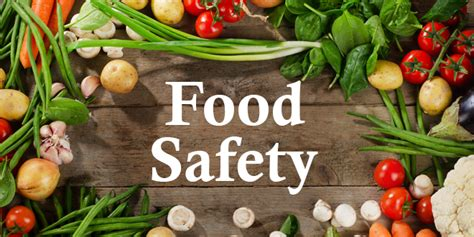
One of the most important aspects of a food safety culture is leadership buy-in. Leadership must take food safety seriously and create a corporate culture that promotes cleanliness, safety, and proper food safety protocols. The restaurant owner or manager should set a good example for employees and demonstrate an ongoing commitment to food safety. They should also show their own dedication to food safety, and encourage other employees to do the same.
One way to create a food safety culture is to have an objective third-party expert audit your business. By having a third-party check your food facility or talk to your staff, you can establish a food safety culture that reinforces your commitment to food safety. This doesn’t have to be expensive or time-consuming. It’s one of the most beneficial things a business can do for its customers. Find out more about food safety and a BRC Audit at MQM Consulting
Training your employees is one of the best ways to demonstrate a commitment to food safety. Employees should be taught about food safety rules and must be held accountable. Providing training and education about food safety will encourage them to follow the rules. A safe and healthy business will continue to grow and thrive. If the management of a food business can demonstrate its commitment to food safety, it’s likely to grow.
A food safety culture is a reflection of an organisation’s values and attitudes. A strong food safety culture starts at the top, with the senior management. Senior management is the biggest influencer in shaping an organisation’s food safety culture. Senior executives set the tone and model for employees and customers alike, and their leadership must be reflected in the organisation’s policy and procedures. If senior executives do not have a strong commitment to food safety, it is likely to suffer negatively.
Developing a food safety culture starts with recognising the barriers to change. To improve a food safety culture, leadership must demonstrate a strong commitment and demonstrate the right culture at all levels. Managers should support employees and front-line workers in improving practices. A strong commitment to food safety culture starts with management and will ultimately be sustainable. It is a collective effort that requires commitment on all sides.
First, food safety should be inspected at the point of arrival. The process cannot be remedied later if the food is unsafe. Second, food safety requires routine inspection of the facilities and employees. Finally, third-party inspectors are a great way to prevent infractions from the health department and foodborne illnesses.

